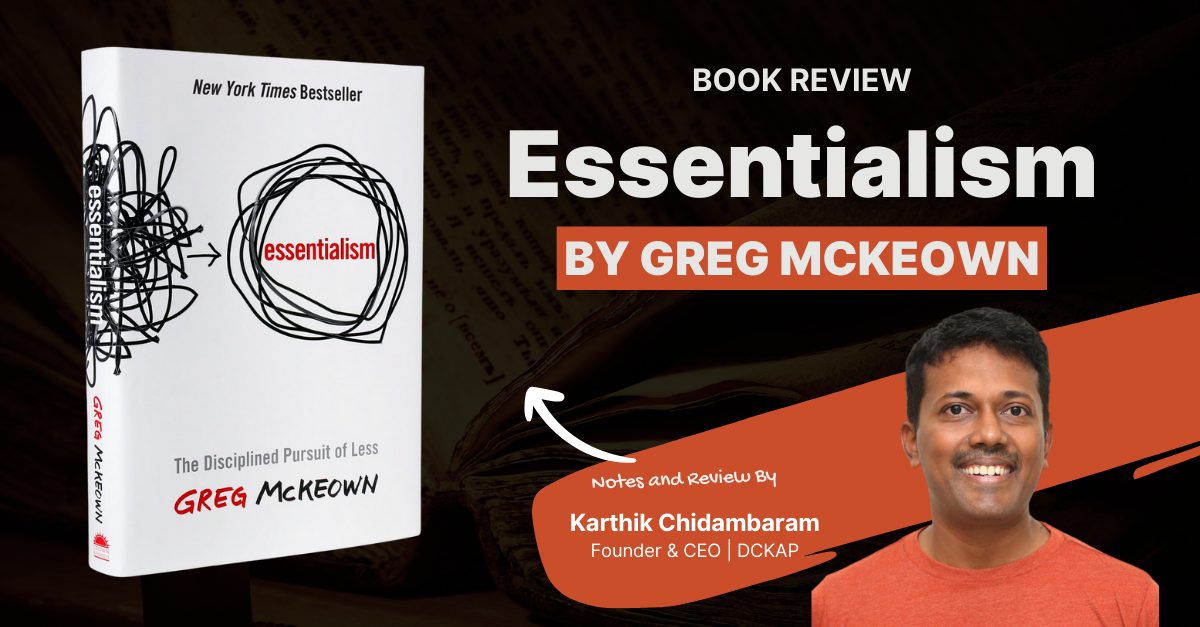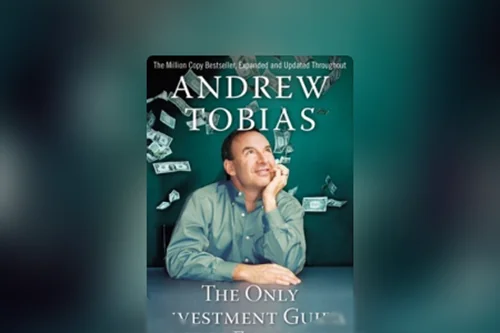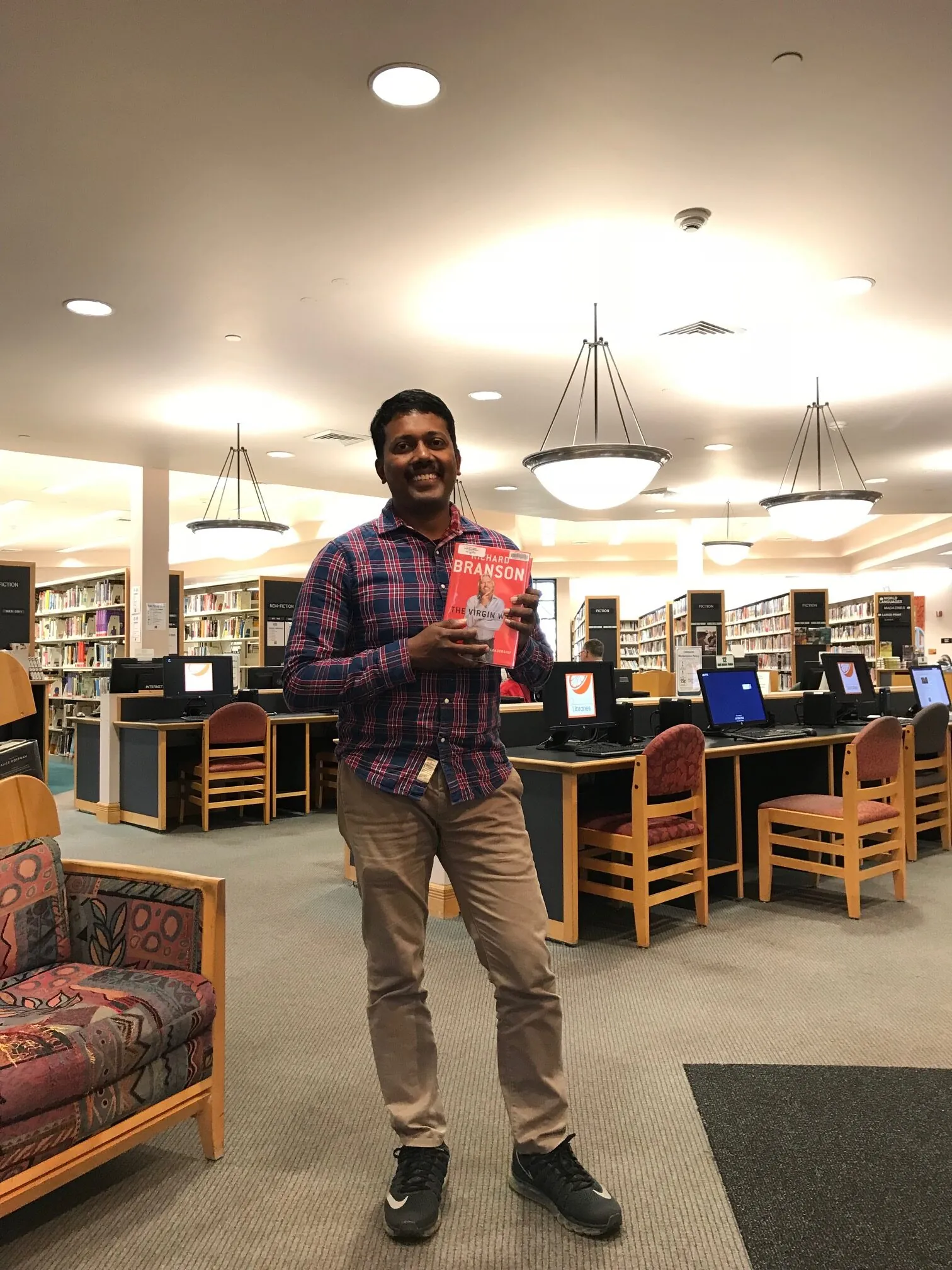Book review: Essentialism by Greg McKeown
Essentialism by Greg McKeown is a book I recently read. Why should you be an essentialist and how do you be one? We could also apply this concept of Essentialism to the products/services we are building.
The author begins the book by comparing Essentialism to cleaning up Wardrobes. If we do not look at our wardrobe and constantly keep cleaning it will end up in a mess. We will not know what we have and will end up adding more things. Do I look great in it? Do I love this and Do I wear it often? If the answer is No, then it is a great candidate for elimination.
Energy:
How should you spend your time (energy and effort)? Do you want to spend on 10 different things or want to spend on one thing and do it very well? This picture will give us a great understanding of how we need to spend or invest our time. The same can also be applied to products we built. Should we spend our effort on multiple product features or be an essentialist when it comes to product development and focus on 2 core features?
Essentialists evaluate a wide range of options before deciding what to take on as compared to a non-essentialist who says yes to everything that comes their way. The purpose of exploration is to decide which to take on from the many. Peter Drucker said that ‘People are effective because they say ‘No’ because they say ‘this isn’t for me’. We need to explore, eliminate, and execute. By eliminating you are saving a lot of time in the future. This time can be invested wisely in your core activities.
Not all Tasks are treated equal:
The author writes that Choices are hard because it involves us saying No. However, it is the core of being an essentialist. The key thing to understand when it comes to Essentialism and choices is that ‘NOT’ all tasks should be treated equally. It is 20% of your effort which produces 80% of the results. Working hard does not guarantee the results you desire. You can work hard by doing some mundane tasks every day, however, it is not the same as writing great code. Nathan Myhrvold, the former Chief Technology Officer of Microsoft said that the top software developers are more productive than the average software developer not by a factor of 10X or 100X or even 1000X, but by 10,000X.
TradeOffs:
The author writes about Southwest Airlines Herb Kelleher where they eliminate the option of choosing seats, offering free check-in bags (up to 2) and not complicating it. This resulted in better profitability for the airlines. We often come across people who try to fit in one more thing. For example, such people know that they have 10 minutes to get to a meeting, and it takes 10 minutes to walk to the meeting, however, they will still sit down, answer a couple of emails before they go, or talk to a couple of people. They promise to swing by a cousin’s birthday party, however they will have tickets for a concert. They think that they can squeeze it in. As painful as Tradeoffs can sometimes be, they offer a significant opportunity. Essentialists always ask ‘What tradeoff do I want to make? Asks, ‘What can I go big on?’
Not Available:
Without great Solitude, no serious work is possible. Do we have Do Not Call Mondays? Do we set up a thinking time? Do we have enough time to read? Bill Gates famously has the Thinking Weeks. Think about Sir. Isaac Newton, his solitary confinement, led to great discoveries. Even this author (Greg McKeown) blocked off 8 hours a day (5 am to 1;00 am) just to work on the book. No appointment, no emails, no calls. You can also set an out-of-office email – I am working on a book and focus on the same. I will not be available to respond to emails. People will appreciate it. If you are working in solitary confinement on important stuff, you can be explicitly and set up an out-of-office, People will respect the same.
Journals:
The author suggests that we keep a journal, review our quarterly wins, go back and look through our journals, and see what we can learn from them. How can you be more productive? Look at the bigger picture.
Play and Sleep:
The author writes on the importance of play and sleep. As we grow older we forget to play. It is important to keep ourselves fit and Play helps a great deal. The biggest asset we have is our body and we need to take care of it. Play and Sleep help nurture our assets. Jeff Bezos is a great example of sleeping 8 hours a day. Marc Andersson over the weekends sleeps 12+ hours. Sleep is the new status symbol. If you do not sleep well, you will not be able to work. Play and Sleep are essential.
Essentials:
We need to focus on the essentials and ignore the noise. E.g. The number of Facebook or Instagram likes we get on a post. Employees need to focus and work on what is good for the company in the long term and not worry about pleasing their managers. Nelson Mandela spent twenty-seven years in jail becoming an essentialist. He made it his essential intent to eliminate apartheid in South Africa and in doing so, has established a legacy that lives on today.
Say No:
Rosa Park’s refusal to give up her seat on the Montgomery Alabama bus (she said NO) propelled the Civil Rights movement. Peter Drucker said no to a business meeting lunch with his client and instead focussed on his previously set lunch date with his daughter. This left lasting memories for his daughter. He focussed on the essentials. He was an essentialist. One of the key attributes of an essentialist is that you have to learn to say No. You do not want to accept everything that comes your way. How does it align with the bigger vision? How does it align with your purpose? If you try to do too many things, it is a challenge. If people want to meet with you, how can you politely decline? You can also decline and say No without using the word No. Some examples ‘I am flattered by the invitation, however with current travel schedules, not able to make it’ is one such example. If your boss assigns you to work, you do not have to accept everything he or she asks you to do. If you are overwhelmed, you can ask your boss, ‘This is what I am working on right now. If you would like me to work on this, how would you like me to prioritize?’ This is a question we can ask our bosses. Good bosses welcome this. When you decline requests or say No, you can be compassionate. (Good idea not to use the word no, however gets the message across). Everyone will not like you because of this, however you will gain respect.
Take a 5-second pause:
The author also writes about Sunk costs or cutting your losses. Just because you are already invested in something that does not work, it does not mean you have to keep investing (both money and time). Cut your losses. Before you commit to anything, instead of immediately saying yes or no, take a 5-second pause, see if it is essential, and then commit to it or decline it.
Editing:
We do not remember the editors of great movies. (Who is the editor of Jurassic Park?) However, editors are the key to the success of a movie. They eliminate the unnecessary and make it engaging. We need to keep eliminating stuff from our work that does not align with the core purpose. Jack Dorsey, the former CEO of Twitter said that he thinks the role of the CEO as the Chief Editor of the company. It increases your ability to focus on things that really matter. It takes extra effort to condense 2 pages into one or less.
Don’t Rob People of their problems:
The author suggests that we should let people deal with their problems. We do not have to solve it for them, They can solve it themselves. This was very interesting. Otherwise, you are not letting a person grow and you are just hand-holding them all the time.
Buffers:
To do things well, it is great to create buffers. If it will take 60 minutes for us to reach a place, it is good to start 90 minutes early (create a 50% buffer). Even if you hit traffic you do not have to be concerned about missing the meeting. The author also advises extreme preparation. Instead of preparing for exams at the last minute, get on a schedule and practice or prepare a lot in advance. The nonessentialist prepares for the best-case scenario. However, an essentialist knows that there will be obstacles and delays along the way, and in order not to scrabble they prepare well in advance for the worst-case scenario. The essentialist uses the good times to create a buffer for the bad. This is also true for companies where they need to have a buffer (or cash savings) for the bad days. This will help them navigate through crises well. They can’t predict the future, however, they can be prepared for it by saving and preparing well. People usually underestimate how much time a task would take, So it is important to create buffers.
Subtract:
We need to be clear on the outcome we expect. If we are clear on the outcome we can work on subtracting the non-essentials.
The Power of Small Wins:
To get big results, it is easier to start small and make an inch of progress towards your bigger goal. We need to celebrate small wins. If you need to present a keynote , it is good to start jotting down notes or writing your speech 6 months in advance. You do not have to write everything. Start thinking about it, write notes so you do not have to do everything at the last minute. By encouraging good behavior we can create heroes. The author also writes about Dr. Phil Zimbardo’s famous Stanford experiment (Summer of 1971) where Stanford students were locked up in a prison either as prisoners or guards. This caused the subjects to act like prisoners and guards.
Routines:
The author writes about following a routine. (Getting up at a certain time, hitting the bed at a certain time, not checking phones as soon as you get up). He also writes about Michael Phelps who consistently followed a routine that helped him win 8 Gold medals at the 2008 Beijing Olympics. With routine and practice the execution becomes (or) looks effortless. Most creative individuals find what their best routine is and abide by it even if it is tempting to do otherwise. The author also writes about Ray Zinn, the CEO of Micrel who focuses on doing the hardest things first. Jack Dorsey, Co-Founder of Twitter used to have a routine of strategy meetings on Mondays, Marketing work on Wednesdays, and more. To get big results, we need to start small.
Focus on the Present:
The author writes to focus on the present. All of us have regrets in life and mistakes we have made. While it is good to look back and learn, when we are working on something, we need to focus on the present. When you are playing a game, focus on the game and do not be distracted by other thoughts. Sometimes we have a big list of things to do and accomplish. However, what is important today, and what needs to be done now? It is good to list down the long list of things we need to do and take off things that may not be a priority today. This way we have fewer things to do and we can focus on the present. A sentiment attributed to Lao Tzu ‘In work do what you enjoy’ In family life be completely present.
Become an Essentialist:
Towards the end of the book, the author writes about Mohandas Karamchand Gandhi who when he died had fewer than 10 things. He even did not read newspapers for 3 years.He spun his own clothes. He practiced essentialism. People like Steve Jobs, Warren Buffet, Dalai Lama, Michael Jordan, and Leo Tolstoy are all essentialists. We should not just work on giving lip service to essentialism, however, make it a part of our life. With success comes more recognition and opportunities. However, taking on everything that comes our way will spread us too thin. We need to make essentialism a habit.
By being an essentialist, we become a better version of ourselves. When other people say yes, we will say no. When other people are speaking you will be listening. When other people want to be in the spotlight or in the limelight, you will be waiting in the sidelines until it is your turn to shine.
The author by being an essentialist sets aside a day every week where he does not check social media. He chooses to wrestle on the trampoline with his children and spend time with his ninety-three-year-old grandfather instead of going to a networking event.
The author writes that nothing is more important than family. Everything else comes next. At the very end, everything else will fade into insignificance by comparison. He also writes about the pathetically tiny amount of time we have left in our lives. However, he thinks this is a good thing so we can focus on the essentials.
Essentialism in Companies:
We should not stop at just being an essentialist, however spread it across the team with leadership. An essentialist is very careful with his hires and he always looks for the best no matter how many interviews he/she needs to do. Essentialists are very selective on talent. It is good to ask ourselves, what is the single biggest contribution we make to the company? Our messaging to our teams should be so consistent that it becomes boring to our ears.
My take on the book:
Thanks for writing this book Greg McKeown. To me, it reemphasized my previous learnings. The key to being an essentialist is to not just practice it once, but make it a habit. One of the things I did after reading this book was to clean my closet and get rid of a lot of stuff. However, it should not stop here. You have to make it a habit and keep doing it periodically. It needs to become a routine. Thanks, Greg.




Leave a Reply